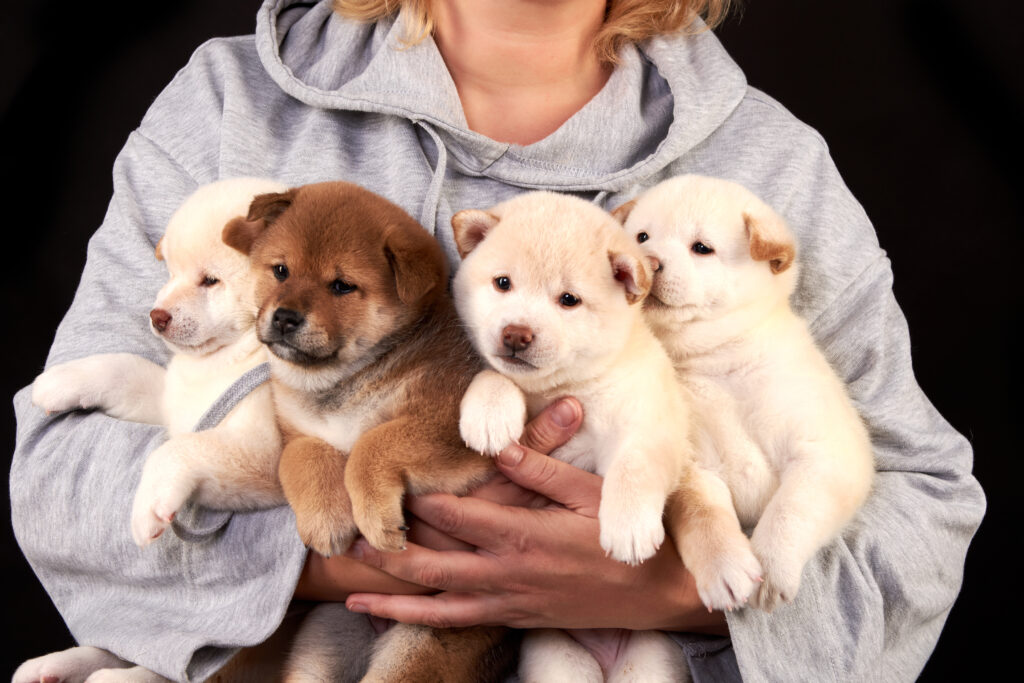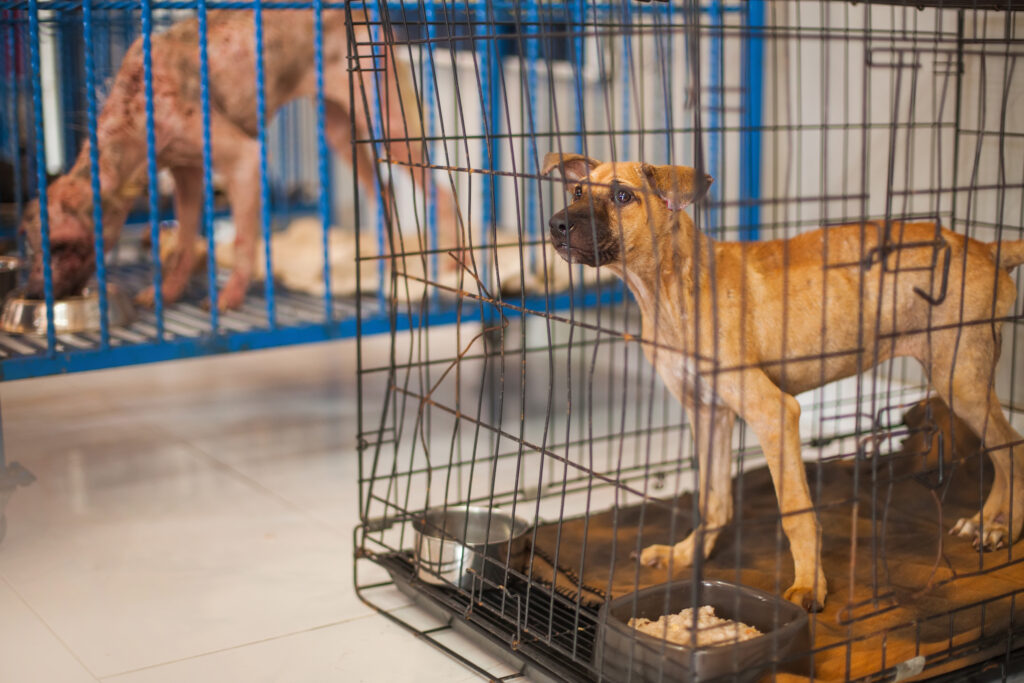Breeders who are responsible and ethical have various practices in place for dogs they do not sell or cannot place in suitable homes.
Here are some common approaches that responsible breeders may take…
Retain the Dog for Breeding or Showing
- Future Litters – Some breeders may choose to keep unsold puppies for future breeding programs, provided the dogs meet breed standards and have good temperaments.
- Show Dogs – If the dog has the potential to excel in conformation shows or performance events, the breeder may retain the dog for those purposes.
Find Suitable Homes
- Screen Potential Adopters – Responsible breeders often have waiting lists or potential buyers in mind for their puppies. If a dog isn’t sold, they may actively seek out a suitable home.
- Home Visits and Interviews – They may conduct interviews and home visits to ensure a good match between the dog and the new owner.
Return to the Breeder’s Facility
- Keep in a Safe Environment – Unsold dogs might stay with the breeder until a suitable home is found. Ethical breeders ensure that all dogs are well-cared for, even if they are not sold.
- Socialization and Training – They may continue to socialize and train the dog while looking for a suitable home, enhancing the dog’s adoptability.
Offer a Return Policy
- Take-back agreements – Many responsible breeders include a clause in their contracts that allows owners to return the dog if they cannot keep it. This ensures that the dog is not abandoned or surrendered to a shelter.
Work with Rescues or Shelters
- Partnering with Rescues – Some breeders may choose to collaborate with rescue organizations to find homes for dogs that cannot be sold. This approach helps alleviate the burden on local shelters and finds loving homes for dogs.
- Surrendering to Shelters – In unfortunate circumstances, if a dog cannot find a suitable home, breeders may surrender the dog to a shelter or rescue organization that can find it a new home.
Lifetime Commitment
- Long-Term Care – Responsible breeders understand that they have a lifelong commitment to their dogs. If a dog cannot be placed, the breeder may keep it as part of their family.
- Quality of Life – Ethical breeders prioritize the well-being of their dogs and ensure they have a good quality of life, whether in their breeding program or as companions.
Avoiding Puppy Mills
- Ethical Standards – Unlike puppy mills, which often neglect dogs that do not sell or are no longer useful, responsible breeders focus on the welfare of their animals. They do not overcrowd facilities or abandon dogs.
Ethical breeders have a responsibility to ensure the welfare of all the dogs they breed. They typically take a proactive approach to place unsold dogs in suitable homes, maintain high standards of care, and prioritize the well-being of their animals. By understanding these practices, potential puppy buyers can make informed decisions and support responsible breeding practices.


